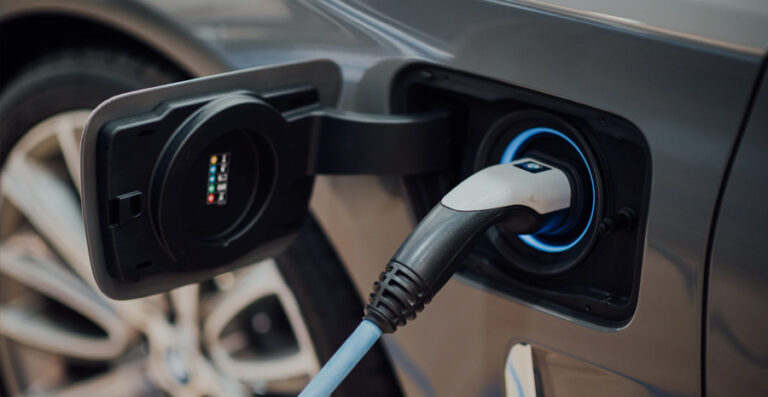Will Hydrogen Vehicles Become the Next Big Gas Alternative?
With the push to decarbonize, electric vehicles (EVs) have taken center stage, attracting widespread attention as consumers search for more environmentally friendly options. Tesla continues to dominate the space in the U.S., but other prominent participants are quickly pushing to change that. Ford, Volkswagen, BMW, Mercedes and other competitors have aggressively expanded into the space. Hydrogen, however, has garnered much less attention; Toyota and Hyundai hold somewhat of a contrarian view, expecting Hydrogen to become an integral part of the automotive ecosystem.
Why Hydrogen?
Hyundai and Toyota have continued to push into the passenger hydrogen space with their flagship models, the Toyota Mirai and the Hyundai Nexo. These vehicles have gained little traction, accounting for less than half a percentage of auto sales in 2022. Even with the gloomy outlook, Hyundai and Toyota have continued to invest. Both expect more robust growth in the industrial segment of the market, looking towards opportunities in public transportation and logistics. Passenger buses and over-the-road goods transport form a large market driven by corporate and government spending. This area shows significant potential because implementing EV solutions in these areas poses substantial hurdles for manufacturers, specifically due to weight and range. Battery weight scales linearly in relation to range. Said simply, heavy vehicles will require extremely large batteries to travel long distances.
Hydrogen Hurdles
The major hurdle standing in the way of adoption, however, is a lack of infrastructure. According to information from the U.S. Department of Energy (DOE), California is the only state in the U.S. that currently has public hydrogen fueling stations, and there are only 55 of them. Hydrogen stations are expensive to construct, with estimates coming in at just under two million for a single station. This, compared with the much lower cost of EV charging stations, typically around $200,000, highlights the industry’s challenges. However, recently passed legislation within the Inflation Reduction Act (IRA) will impact these costs, making projects more attractive. Even with that, the significant, required investments will continue to create a circular argument; why build infrastructure with minimal vehicles, and why build vehicles with minimal infrastructure?
Future of Hydrogen
EVs have driven a major shift in the automotive industry over the past decade, however, there are always substitutes and alternatives to consider. Hydrogen vehicles currently make up only a sliver of market share but may become more prevalent as the technology is developed. While EVs have dominated the shift to greener passenger vehicles, the benefit of hydrogen in the heavier commercial space shows promise.



